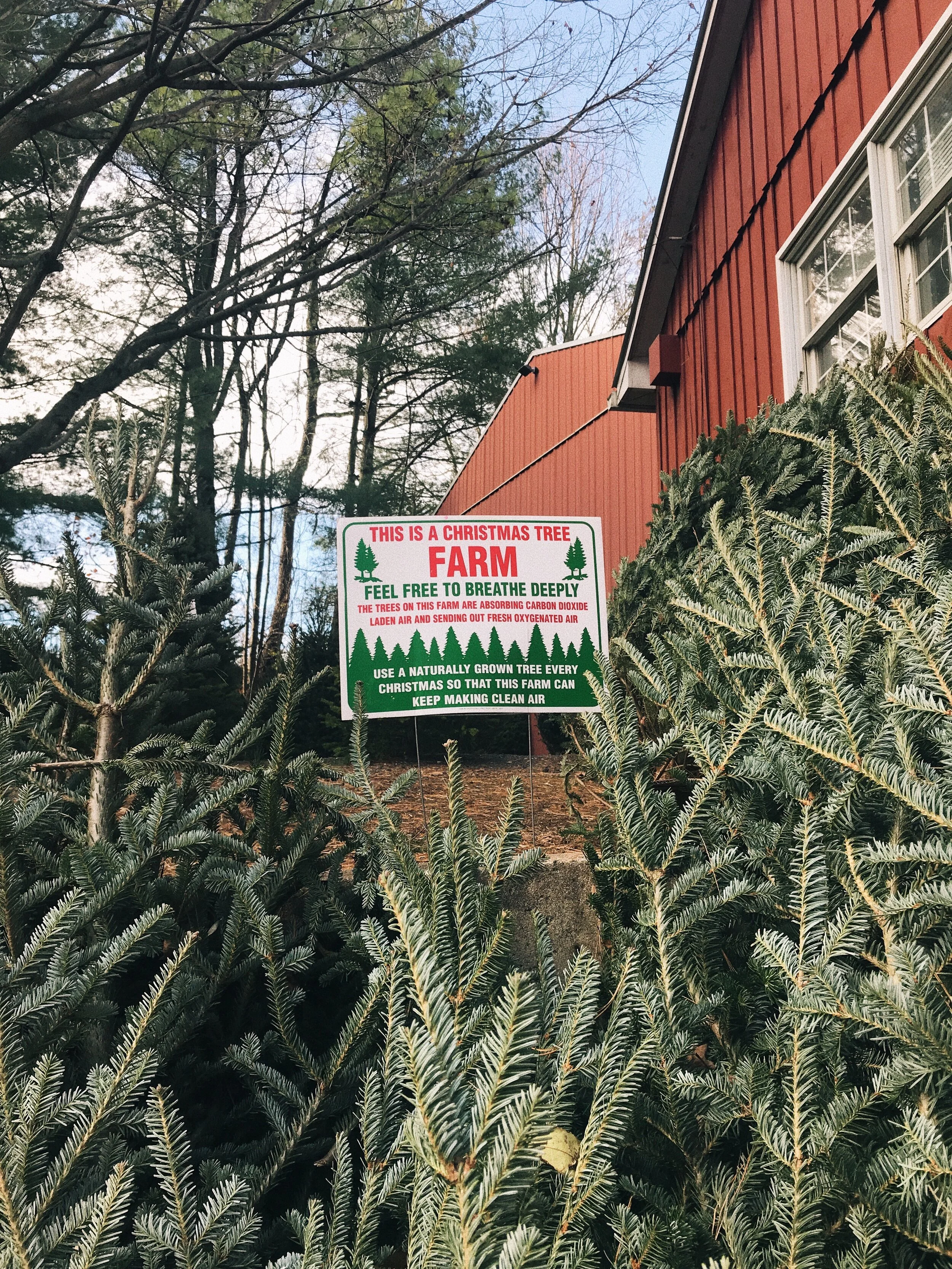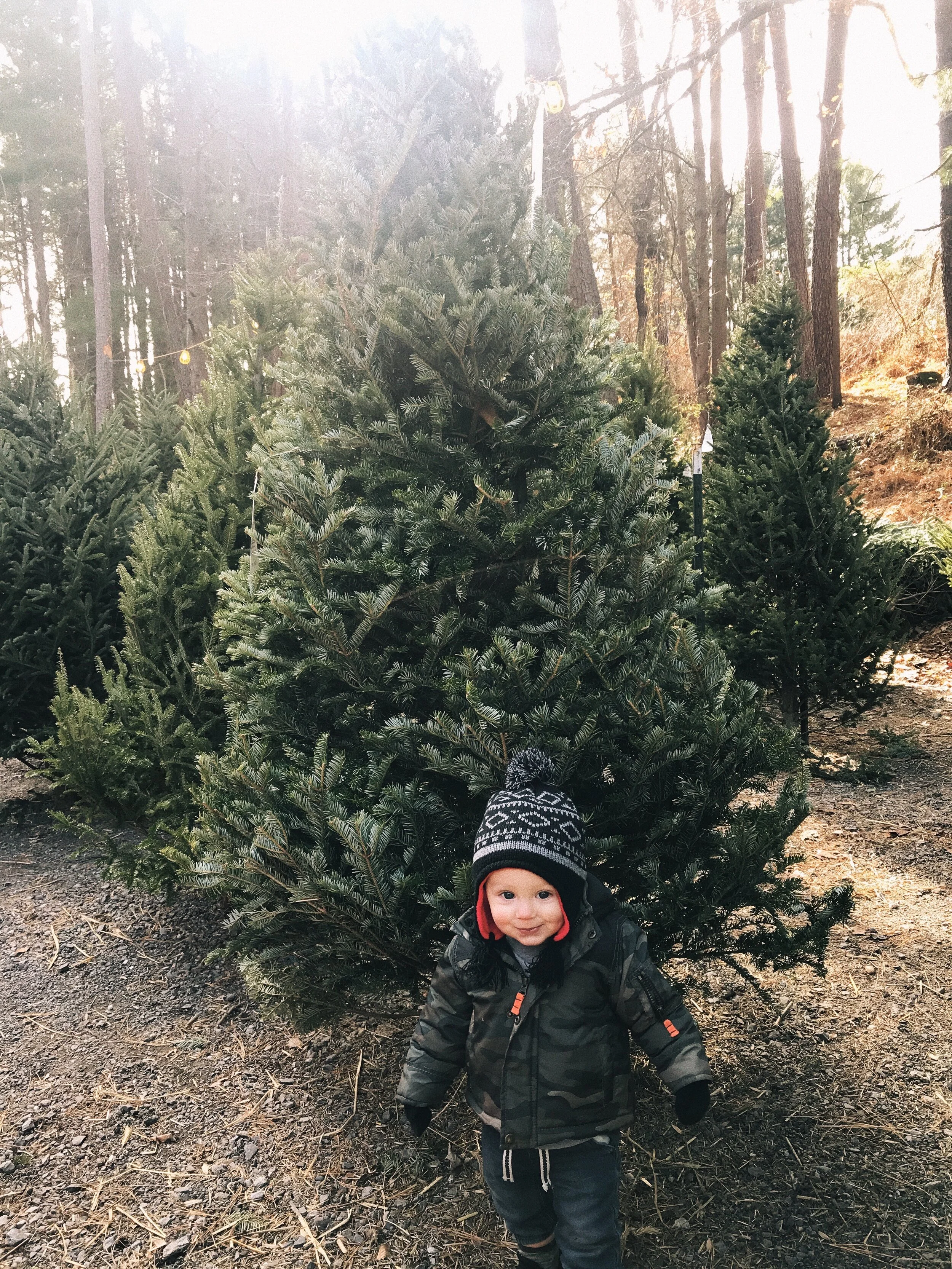Finding a Sustainable Christmas Tree
Post-Thanksgiving blues don’t last long as many people flock to the nearest tree farm or Home Depot to get their Christmas tree to welcome in the season. I recently had a conversation about the most sustainable options for Christmas trees: is it more eco-friendly to get an artificial tree to use year after year? Or is it better to have a live tree that was cut down from a tree farm? It got me thinking and I decided to do some research and pass on what I learned!
A R T I F I C I A L T R E E S
While artificial trees may seem like the most sustainable option as they can be reused year after year, the unfortunate issue with them is the before and after they have been brought into your home. As a conscious consumer in training, I am trying to be mindful of the entire process of how stuff comes to be. I haven’t been able to fact check this for myself, but I’m guessing that many of the artificial trees sold at Target or Home Depot are manufactured in other countries, possibly in low wage and unethical conditions such as sweatshops. They are also composed of a mixture of materials including plastic, aluminum, and steel which make it impossible for these trees to be properly recycled after disposal. However, I am aware there are certain challenges to being able to bring a live tree into the home such as allergies. Should the need arise to use an artificial tree, I recommend getting one second-hand at places like the Facebook market. And when the time comes to get rid of the tree, it can be resold or donated to a local church or shelter where it will continue to bless people with Christmas cheer.
L I V E T R E E S
On the contrary, live trees are an excellent sustainable option at Christmas time because they benefit farms and provide oxygenation. Many tree farms are owned and operated by a family or network of farmers, so shopping for a cut tree at a local farm is a great way to support those in your community! Not only are you supporting the “before” process of a live tree from a local farm by rewarding someone for their work, but you can also use the “after” process to be beneficial and sustainable. Christmas trees can easily be recycled and made into mulch or wood chips and outsourced to landscapers or community parks. Some may feel that cutting down trees is harmful to wildlife, but most Christmas trees are grown as a crop and therefore do not disrupt the natural habitat of wild animals. Plus, when the trees are cut down, more are planted and the cycle continues!
We had the privilege of visiting a local farm in our area to get our Christmas tree and not only was the experience fun, we felt great about supporting the folks right in our community. Search your area for a local tree farm to support, and if you need help figuring out the best way to dispose of your live tree, click here to find out what the options are in your area. Happy Christmas tree shopping and happy conscious consuming!









